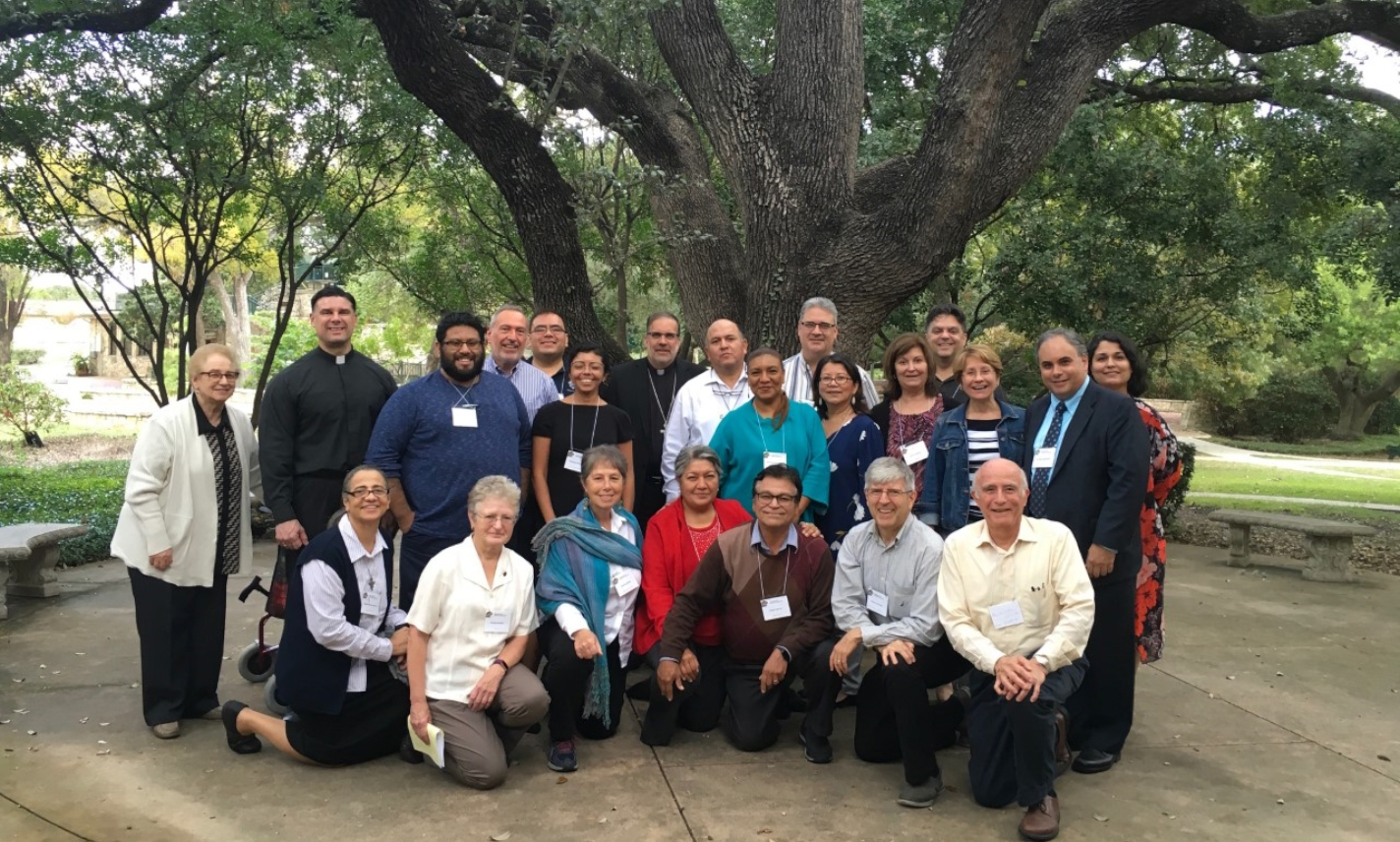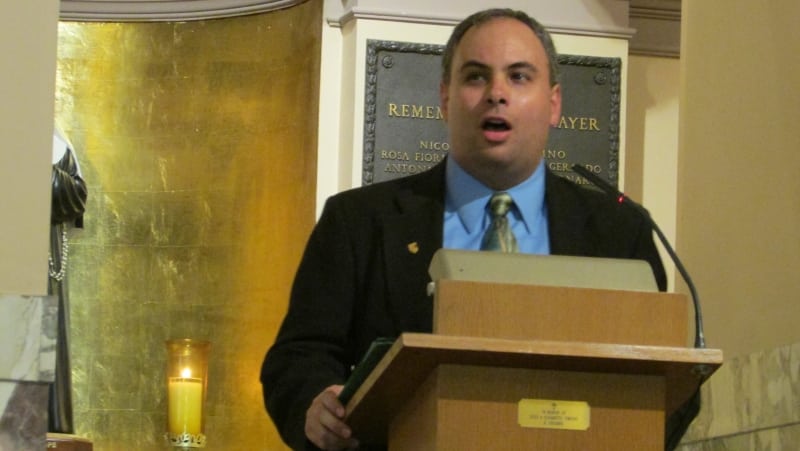This article was produced for inclusion in the October 2023 e-News and Notes for the National Association for Lay Ministry.
Over the past 6 months, there have been significant developments within the national Catholic Church related to professional standards and competencies in support of lay ministry. These moments of change present both challenges and opportunities for lay ministers and suggest pathways for continued growth in new and unexpected ways.
On March 14, 2023, the Administrative Committee of the U.S. Conference of Catholic Bishops (USCCB) approved two items related to its support and engagement of lay ecclesial ministers. The first decision was to bring to conclusion the work of the Subcommittee on Certification for Ecclesial Ministry and Service. The second was the formation of a Task Force on Staffing of Diocesan and Parish Ministries.
The former subcommittee concluded its work on June 30, 2023. It had continued the work of its predecessor body, the USCCB Commission on Certification and Accreditation, in modified form. Over forty years, the two bodies oversaw best practices regarding the development of ministry standards. As of this writing, the bishop-chairman of the new Task Force has been named – Bishop Bruce Lewandowski, CSsR, Auxiliary Bishop of Baltimore – but no additional public information is yet available. When noting the historic support of the USCCB for professional ministry standards, this development represents a challenge, and, hopefully, and opportunity. The challenge comes in the form of a gap period in the nature of support for professional standards and competencies from the body of bishops, even as many individual bishops recognize the value of such formation, and as the standards approved by the former subcommittee remain in effect. The Task Force has the potential to draw upon the many learnings around professional and volunteer lay ministry since the USCCB 2005 statement Co-Workers in the Vineyard of the Lord (en español aquí). At that time, Co-Workers helped to articulate a theology of lay ecclesial ministry and summarize and synthesize prior decades of work on ministry formation and standards. The work of the Task Force could help to highlight ways in which standards remain essential to ministry development and may foster new avenues for USCCB support and engagement.
Even in the midst of some of this uncertainty, those involved in lay ministry continue to be, as they always have been, the key protagonists in support of their ministry development and formation, together with supportive clergy and the many ministry organizations, diocesan programs, and academic programs that offer such formation opportunities. NALM itself has discerned challenges and opportunities with respect to lay ministry standards. Through its Standards & Formation Committee, it has taken an initiative to use the standards in a broader scope than that previously envisioned with national certification. Using the USCCB-approved standards developed by the five ministry organizations in the former Alliance for the Certification of Lay Ecclesial Ministers, NALM has developed online and in-person retreats and materials so that more lay ministers may learn about and reflect on the standards. The retreats are presented through the four dimensions of formation – human, spiritual, intellectual, and pastoral. Initial pilots of the retreats and materials have been fruitful and are being made available over time for purchase via the NALM website.
Further, in recognizing the challenge of fostering the value of standards for the long-term, NALM is in the process of initiating synodal conversations with other interested lay ministry support organizations, academic partners, and others about ways in which the former Alliance standards can be renewed, in preparation for the twentieth anniversary of Co-Workers in 2025. An initial meeting of interested groups is scheduled for later this month, and more will be shared soon.
There have certainly been many challenges facing professional lay ministry over the past decade, including impacts from scandals in the church and long-term budgetary restrictions which were exacerbated by the global pandemic. Existential changes in Catholic engagement in parish life present further challenges. At the same time, the work of professional lay ministers has grown in importance, not only in parishes and dioceses, but in mission offices in Catholic education and health care, campus ministries, prison ministries and more. While such significant change is uniquely challenging, the Holy Spirit is providing us with pathways to build the future of professional lay ministry and formational standards. In this time of synodal opportunity, let us do all we can to walk together into that future from which God beckons us.
+ + +
Dr. Marc DelMonico is a Catholic theologian and lay minister. He previously served as Director of Certification for Ecclesial Ministry at the USCCB and has served as a ministry consultant for pastoral planning and development for parishes and Catholic organizations. More information and materials related to his work at the USCCB, including copies or links to existing ministry standards from various ministry organizations can be found on his website at https://churchmd.com/layministry.



 Request Dr. DelMonico's professional services for a liturgical, ministerial or leadership consultation, or for an academic or public presentation.
Request Dr. DelMonico's professional services for a liturgical, ministerial or leadership consultation, or for an academic or public presentation.